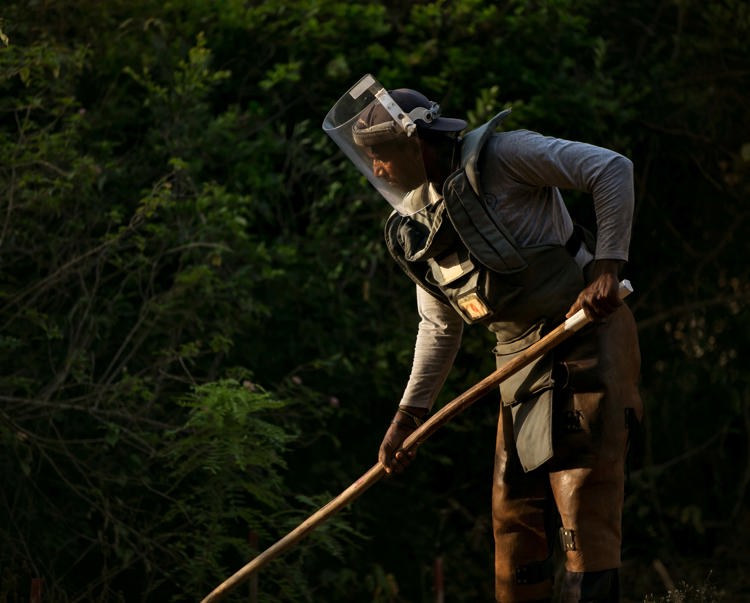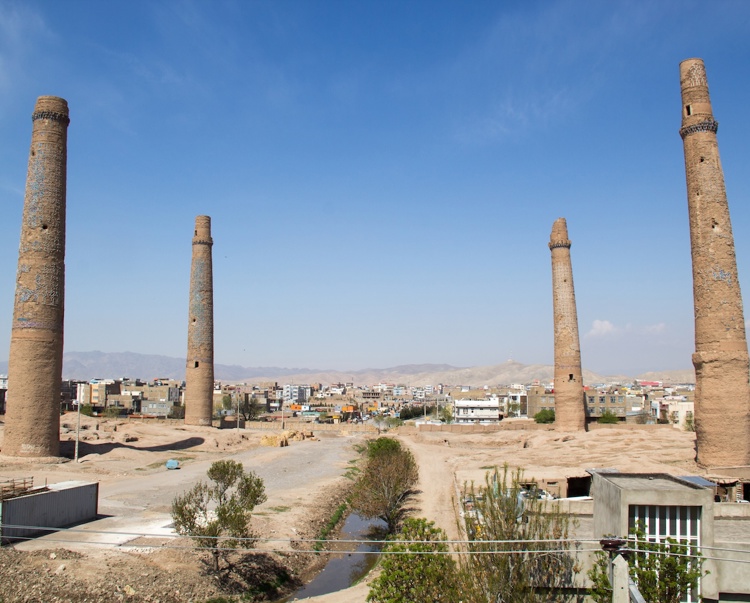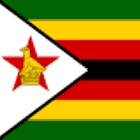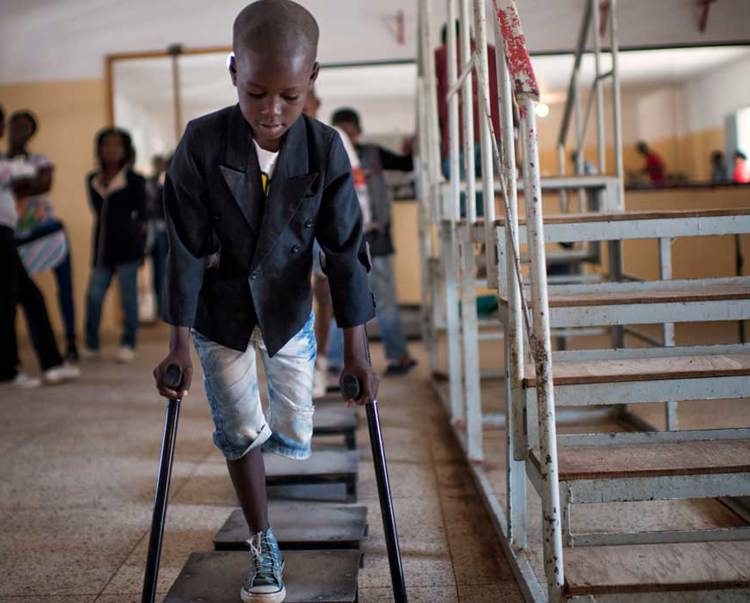Landmines, cluster bombs and other explosives inflict appalling injuries that have a devastating impact on people’s lives. At least 6,279 civilians were killed or injured by landmines and explosives in 2024, according to the Landmine Monitor 2025 report.
Clearing landmines is an essential first step to help communities recover after conflict. The fighting may be over, but while explosives are in the ground, people continue to live in fear. They can’t return home, plant crops, fetch water, or let their children walk to school.
Our work
The HALO Trust makes land safe by clearing landmines and explosives so families affected by conflict can rebuild their lives safely.
Most of our clearance work is done by hand, but sometimes the terrain and nature of the debris makes clearing with machines more practical.
We work in partnership with the local communities we serve. We employ local people, creating jobs and helping families get back on their feet. We provide landmine victims with the support they need to heal their wounds, regain their independence and live with dignity.
Our impact
Since The HALO Trust began in 1988, we've removed over 14 million mines and explosives from more than 30 regions. We've cleared nearly 1,000 sq miles for people to use safely.
- In Angola, we've cleared land covering the area of 6,000 football pitches
- In Ukraine, we've removed over 42,700 explosives since the full-scale invasion began in 2022
- In Cambodia, we've made safe more than 500 sq km of land

"I have lived in Calacoque since 1983 – I remember the army camp that was based here during the war. Now the landmines surrounding my field are being cleared, I will be able to grow enough food to sell at market so I can support my family."
Making land safe through surveys
Non-technical surveys
Technical surveys


Success stories

300,000 landmines cleared in Sri Lanka
Thanks to HALO, over 280,000 displaced Sri Lankans have returned to a safer home. Read more about our work to clear remaining landmines in Northern Sri Lanka.

Making heritage sites safe for posterity
HALO is clearing explosives from cultural heritage sites like Palmyra, the West Bank and Afghanistan to preserve them and support tourism. Learn more.

Reclaiming roots: clearing farmland for prosperity
HALO teams have been clearing landmines to create farmland in Cambodia. Discover how getting access to safe land has allowed Phanthy and Dine to thrive.
Facts about landmines
- Designed to explode instantly when stepped or driven on
- Banned by 160 countries under the 1997 Landmine Ottawa Ban Convention. See current members
- 60 million people in nearly 70 countries are directly affected by landmines
- Most severely affected countries: Afghanistan, Angola, Cambodia, Iraq, Libya, Sri Lanka, Syria, Ukraine, Yemen and Zimbabwe
- Millions of factory-produced landmines laid in the late 20th century remain active
- Use of improvised explosive devices (IEDs) is increasing
- IEDs are classified as landmines if victim-initiated
- Most countries need external help to remove landmines






















